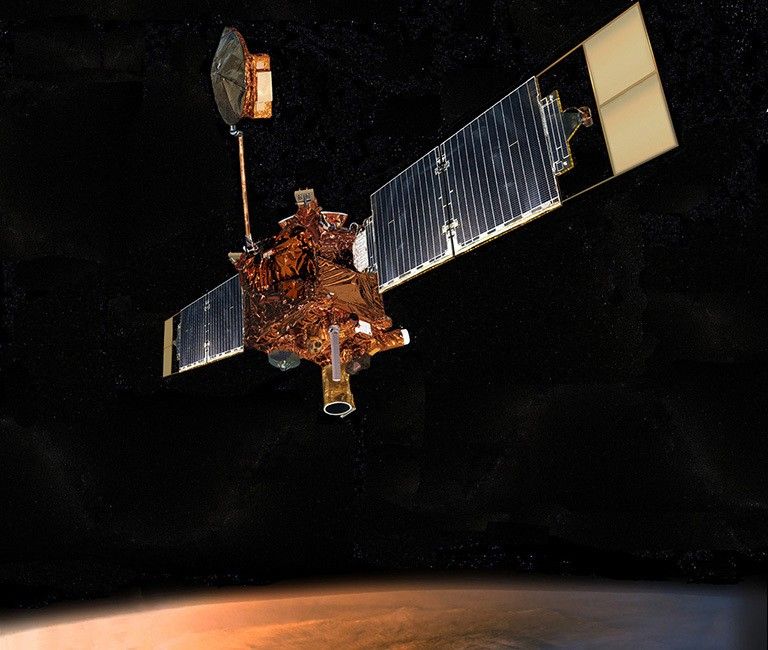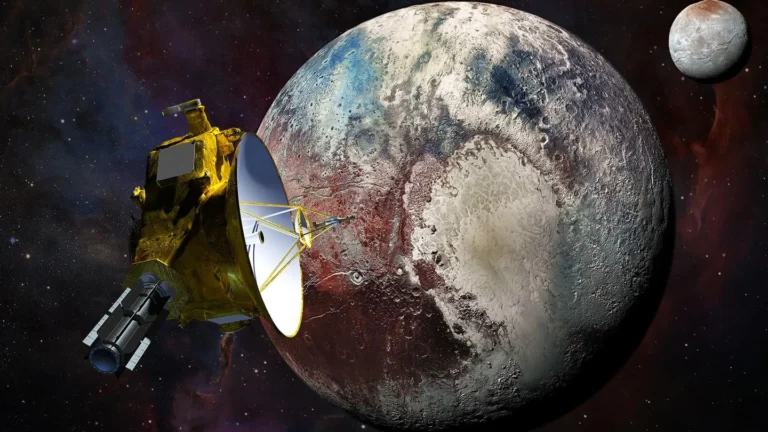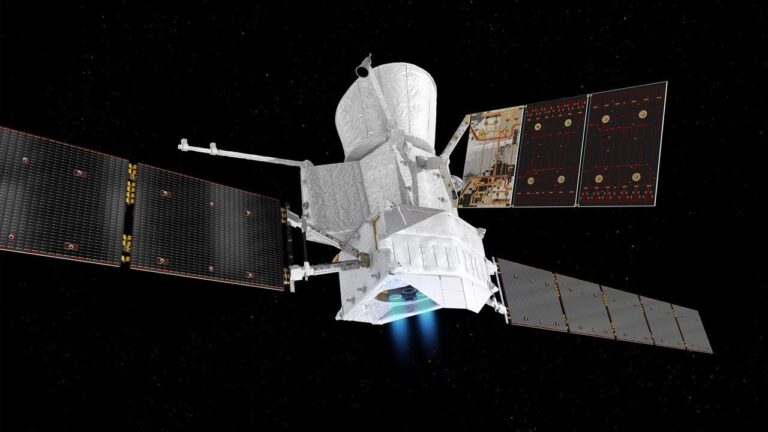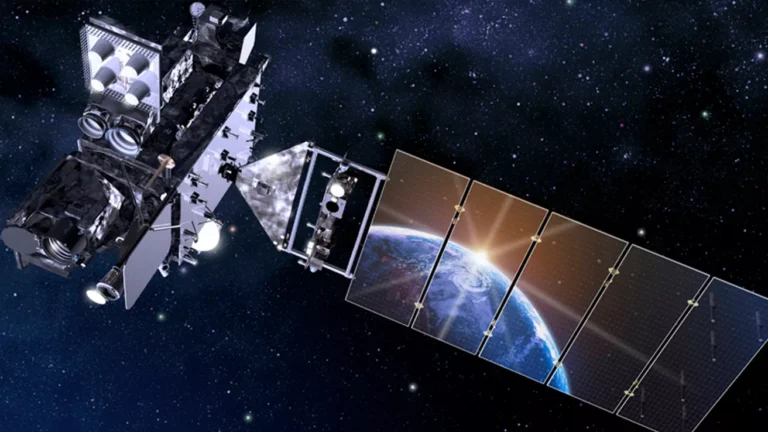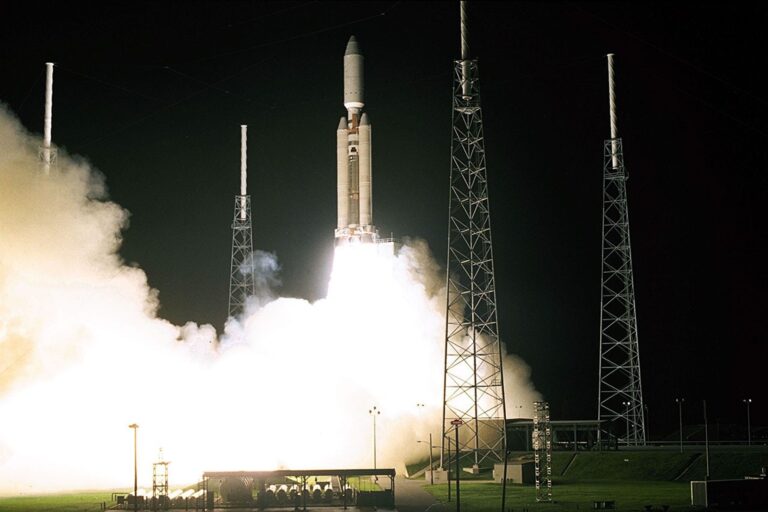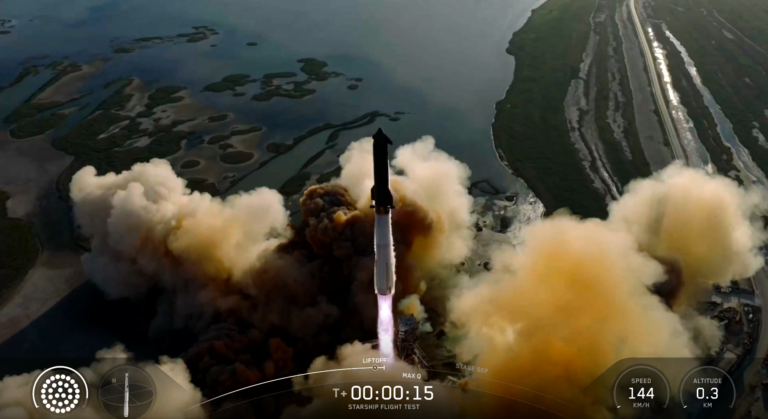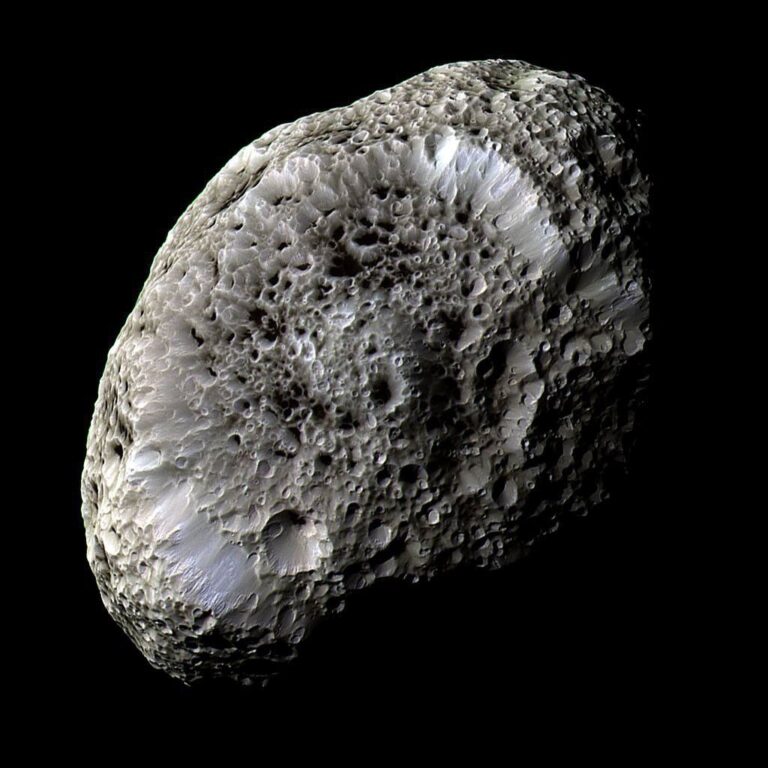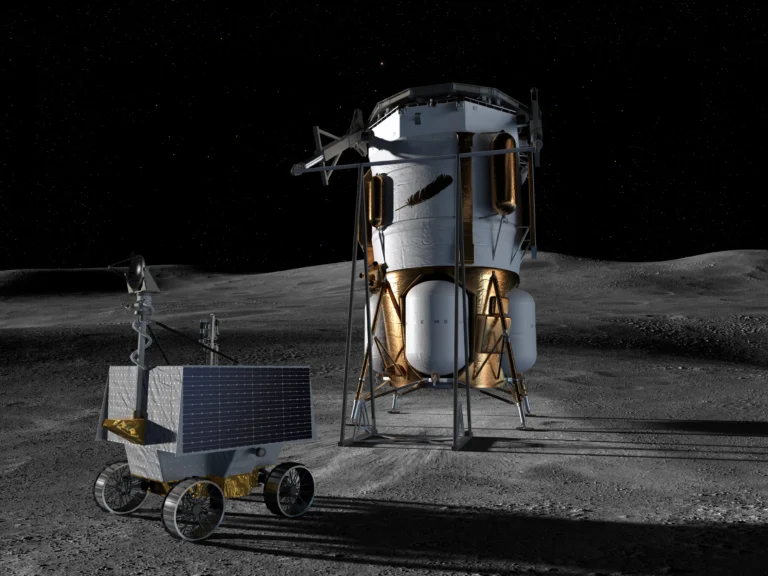
Key Takeaways:
Watching dust kicked up from the martian surface by the rotors of a human-made helicopter never gets old. Neither does point-of-view footage of said helicopter landing safely back on the ground — which has now happened 48 straight times.
The Perseverance rover deployed the Ingenuity helicopter onto the surface of Mars way back on April 3, 2021. The proof-of-concept helicopter mission was initially slated to test itself for just 30 days, embarking on a whopping five flights that would reach altitudes of some 10 to 16 feet (3 to 5 meters) and last up to 90 seconds each.
Here we are, some 720 days later, and Ingenuity has completed its 48th flight, reaching an altitude of 39 feet (12 m), traveling some 1,306 feet (398 m), and staying aloft for 149.9 seconds, according to Ingenuity’s flight log.
The anatomy of a Mars helicopter
With a wingspan (or blade span) of just under 4 feet (1.2 m) and a mass of 1.8 kilograms — which translates to 4 pounds on Earth but just 1.5 pounds on Mars — Ingenuity is a rather tiny extraterrestrial explorer. Especially compared to NASA’s latest car-sized Mars rover, Perseverance, which stowed Ingenuity inside its belly for the duration of their trip to the surface of Mars.
But what it lacks in size, Ingenuity makes up for in engineering.
Mars’ atmosphere is extremely thin, just 1 percent the density of Earth’s. So any helicopter that hopes to fly on Mars not only has to keep its weight down, but also have rotors capable of providing sufficient lift. That’s why Ingenuity’s rotors spin at a breathtaking 2,400 revolutions per minute (rpm), which is some five to six times as fast as the blades of an average helicopter on Earth.

In total, Ingenuity has so far spent about 84 minutes traveling some 36,000 feet (11,000 m) above the martian surface. The helicopter has achieved a maximum speed of roughly 13.4 mph (21.6 km/h) and a maximum altitude of 46 feet (14 m).
Due in large part to the continued success of Ingenuity, NASA is currently developing a plan to use sample recovery helicopters like Ingenuity to serve as backups for the agency’s plan to recover martian samples collected by Perseverance and return them to Earth. Although no small feat, this Mars sample return mission was recently budgeted for nearly $1 billion in funding based on President Biden’s proposed budget for fiscal year 2024.

